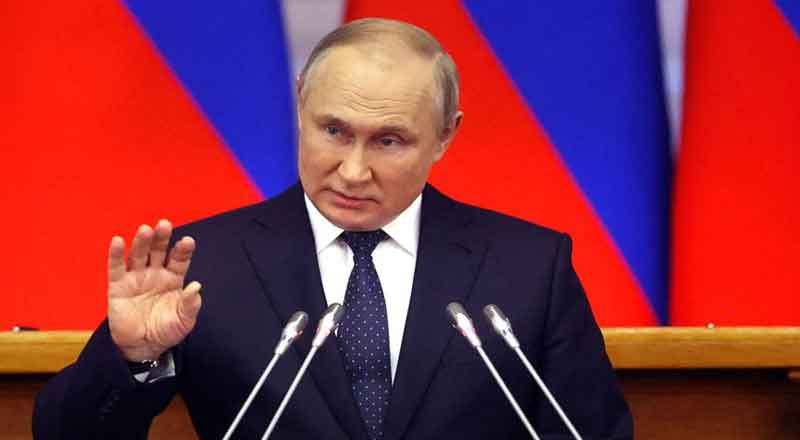Elections were held over the weekend of October 25-27 in six countries spanning various continents. While some results were anticipated, others brought unexpected challenges to the ruling parties, and at least one election significantly impacted the nation’s geopolitical future. Here is a detailed account of the elections in Bulgaria, Japan, Georgia, Lithuania, Uruguay, and Uzbekistan.
Japan: A Historic Defeat for the Liberal Democratic Party
In Japan, Prime Minister Shigeru Ishiba, who took over after Fumio Kishida’s resignation, called for snap elections to strengthen his mandate. However, the voters delivered a historic defeat to Ishiba’s Liberal Democratic Party (LDP). The LDP, which had ruled Japan since 2009, lost its parliamentary majority, securing only 215 seats in the 465-member parliament.
Despite the loss, the LDP is expected to continue governing, either as a minority or by seeking new alliances. The party’s agenda will likely face significant challenges, with increased scrutiny and opposition in parliament. Public anger over a slush fund scandal involving LDP leaders is seen as a major factor in the party’s debacle.
Georgia: Pro-Russia Party Claims Victory Amid Controversy
In Georgia, the pro-Russia Georgia Dream (GD) party declared victory in Saturday’s elections. The Opposition United National Movement (UNM) has rejected the results, and both the European Union (EU) and the United States have raised concerns about voter fraud and electoral malpractices, calling for a fair investigation.
The GD party, in power for over a decade, has established an authoritarian regime, aligning Georgia closer to Russia by adopting laws against LGBTQ rights and foreign agents, similar to Russia’s policies. With GD’s continued rule, Georgia’s EU accession appears stalled, and the country remains a Russian proxy in the region. Protests against the GD are scheduled to begin soon.
Lithuania: Social Democrats Triumph
In Lithuania, the ruling Conservatives conceded defeat in the second round of elections on Sunday. The Opposition Social Democrats (SDP), led by Vilija Blinkeviciute, declared victory and are set to form a governing coalition. The SDP is expected to maintain Lithuania’s strong stance against Russia and continue its substantial defense spending.
Blinkeviciute has pledged to address inequality by raising taxes on the wealthy to fund social support and healthcare. This shift aims to balance Lithuania’s economic policies with social welfare improvements.
Bulgaria: Political Instability Continues
Bulgaria held its seventh election in three years, with the centre-right GERB party leading but still short of a majority, according to exit polls. The latest election was necessary after parties failed to form a government following the June 9 election.
Bulgaria’s political instability and poor financial state have delayed its EU accession and plans to join the eurozone, now slated for January 2025. Low voter turnout and widespread distrust in the electoral process further complicate Bulgaria’s path to stable governance and economic reform.
Uruguay: Runoff Elections Ahead
Uruguay’s Sunday vote resulted in an inconclusive verdict, leading to a runoff election scheduled for next month. With around 90 percent of votes counted, neither of the two leading candidates achieved a majority. Opposition leader Yamandú Orsi from the center-left bloc leads with 41 percent, while incumbent center-right candidate Álvaro Delgado trails with 27 percent.
Uzbekistan: Predictable Outcomes
In Uzbekistan, the elections on Sunday are expected to reaffirm the current political status quo. President Shavkat Mirziyoyev, in power since 2016, has implemented liberal economic reforms and eased some of his predecessor’s strict policies. However, the parliamentary elections were held without significant opposition, indicating a continuation of Mirziyoyev’s rule.
In conclusion, the weekend elections across these six nations highlighted a mix of anticipated results and surprising setbacks. While some countries saw significant political shifts, others continued their existing trajectories. These elections underscore the dynamic and often unpredictable nature of global politics, with each outcome shaping the future direction of the respective nations.
(With inputs from agencies)





